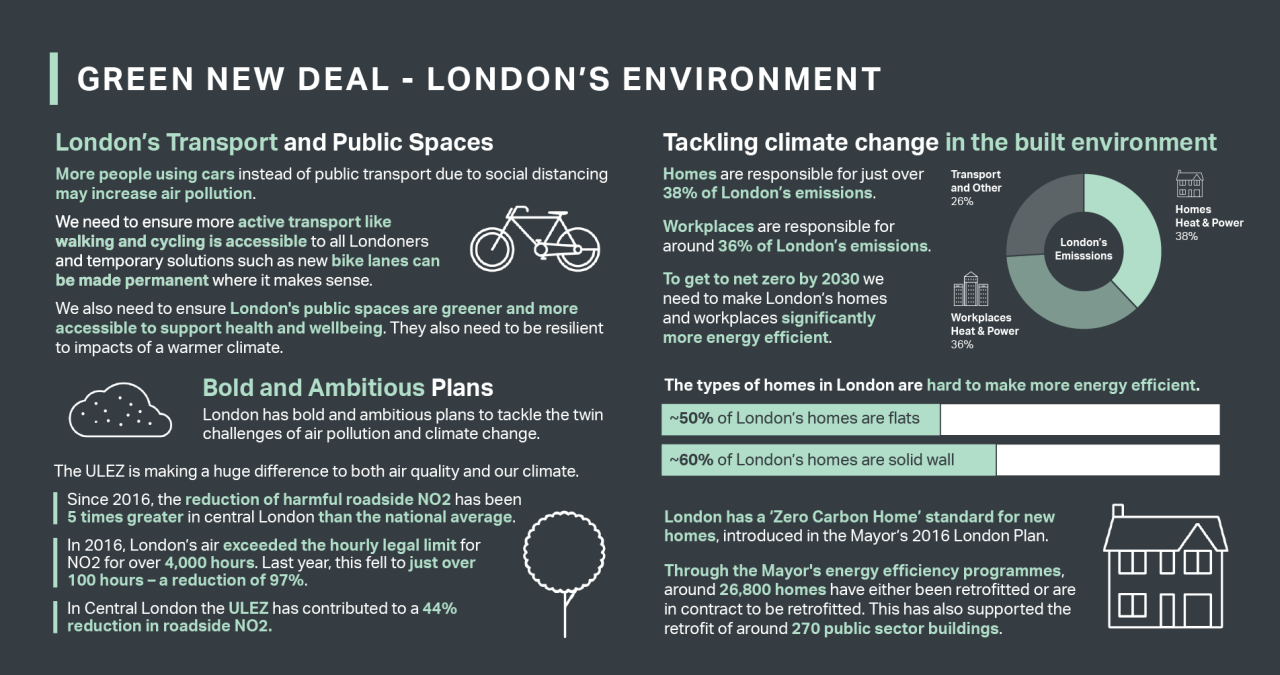As a world leading city, London’s progress towards UN Sustainable Development Goals will be instructive. So how can public and private sector leaders drive the agenda forward and, crucially, how can they take local communities with them?
Last month, London Sustainable Development Commission (LSDC) launched the report London’s progress to meeting the UN Sustainable Development Goals (SDGs).
It is the first comprehensive assessment of London’s local contribution to the SDGs. Using 110 SDG indicators, each appropriately tailored to reflect the specific challenges faced by the city, it charts progress at governmental, business and community level. In conclusion, it makes a number of recommendations on how the city can lead the way, nationally and internationally, on achieving its Sustainable Development Goals.
To support the launch of the report, LSDC hosted a webinar on the role of the SDGs in London’s green and equitable COVID-19 recovery. Discussions focused on combatting inequality and the task of engaging communities in local decision-making processes.
During the session, Shirley Rodrigues, London’s Deputy Mayor for Energy and Environment, enumerated the ways in which the pandemic has compounded existing inequities. Gender imbalances in front line and primary care workforces have put women at greater risk of infection. The similar structural character of the hospitality sector has seen women disproportionately hit by job losses. And at home, the lockdown has increased women’s vulnerability to abusive partners.

But gender is just one axis along which social disparities have been widened by the pandemic. Across much of the UK’s capital, ease of access to green space – both private and public – maps closely on to levels of wealth and income. This spatial disadvantage was particularly pronounced over the early summer’s strict lockdown period, when limited time outdoors provided precious respite from confinement. As if to prove that deprivation is not seasonal, increased home heating costs over the winter lockdown have since dragged greater numbers into fuel poverty.
“Across much of the UK’s capital, ease of access to green space maps closely on to levels of wealth and income. This spatial disadvantage was particularly pronounced over the early summer’s strict lockdown period. As if to prove that deprivation is not seasonal, increased home heating costs over the winter lockdown have since dragged greater numbers into fuel poverty. ”
Dr Paul Toyne, Chair of the LSDC subgroup on SDGs, noted a sharp rise in applications for Universal Credit (a government administered financial relief scheme). This, coupled with increased reliance on the city’s food banks, paints a stark picture of widespread economic distress. Even prior to the pandemic, the percentage of Londoners living below the poverty line (27%) exceeded the national average for England as a whole (21%). Early indicators suggest that the events of 2020 have entrenched London’s poverty problem.
London’s Green New Deal (LGND) has been devised to address such issues, all while doubling the size of the city’s green economy. The LGND has identified three priority areas of concern: improving London’s environmental performance; modernising public spaces and services; and investing in environmental support and training for small businesses. Included in these programmes of work will be an ambitious retrofitting programme for energy inefficient buildings and an expansion of active travel networks. Finance will, of course, be key to the realisation of these ambitions. The Mayor’s office has acknowledged the need to activate private capital investment into the LGND and will also lobby Westminster to further devolve taxation powers. The LSDC furthermore plans to launch a Sustainable Development Goals Hub, a tool with which it will share best practice across the city’s 32 boroughs and beyond.
The purpose of the SDGs is to provide a common, cross-cutting language on sustainability. London has a golden opportunity to take a global lead on developing a climate-proofed urban economy. The world will be paying keen attention.



